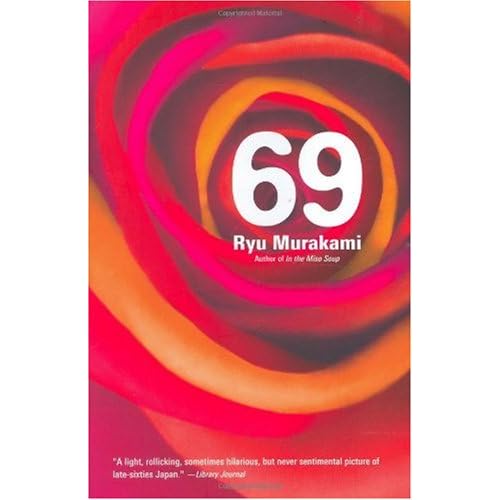I'm not quite sure where to begin, but after finishing a Murakami novel, that's not altogether too surprising. The Wind Up Bird Chronicle is oft' touted as Murakami's best and most notable work, and that's what I was hoping for - to be completely blown away. And yet, despite the book being bizarre and ambitious in equal measure, I was left disappointed. The book starts out with Toru, the protagonist, looking for a cat adopted by him and his wife, that's gone missing. Toru has quit his job, has no real ambition, and is just drifting through life, trying to figure out what is it he wants to do, while his wife brings home the money.
When the initial search for the cat is fruitless, he ventures further out to the "alley", and ends up meeting a high-school dropout, May Kasahara. His relationship with May evolves, and is almost bordering on pedophiliac. Still no luck finding the cat, so, he ropes in Malta and Creta Kano - the two psychic sisters, both of whom have interesting life stories, and end up visiting Toru in his dreams, as well as in reality.
And then, as things go, his wife leaves home for work one day, but never returns. In due course, our protagonist discovers that she's left him, without a word. As one does. And then, a sequence of extraordinary events, and interactions with fascinating characters sees his life spin (or should I say, tailspin?) out of control, where he's no longer the master of his own destiny; instead, he's struggling to figure out what on earth's going on.
There's the experiences as he sits in solitude at the bottom of the dry well, and then there's the mysterious phone calls; the dreams which aren't really dreams, and the reality that's a tad distorted. All of it is a bit confusing - I'm all for magical realism, but this is just a little too over the top; a little too cryptic.
The book does cover a lot - from World War II, and the story of the solider and the spy, which had me absolutely gripped, to World War II, and the story of the animals that were heartlessly massacred, which had me depressed and lamenting.
'The officer gave his order, and the bullets from the Model 38 rifles ripped through the smooth hide of a tiger, tearing at the animal's guts. The summer sky was blue, and from the surrounding trees the screams of cicadas rained down like a sudden shower.''
It has the obligatory contemporary political slant, which most books by Murakami (that I've read) touch upon, if not focus on. And, again, as expected, there's romance that fades away; and female characters all carrying way too much baggage. Add on strange names for some of the characters (Cinnamon and Nutmeg), and even stranger life stories, and it's all Murakami.
The thing is, I just really struggled to comprehend what was going on, and why. And then it all fizzled out, and became even more ambiguous and abstract - the second half of the book, that is. Normally, I love ambiguity and magical realism, but here, it just didn't "fit", I thought. Sometimes, it be that way. All the more disappointing, as I was glued to the first third/half of the book.
Have you read this much-acclaimed book? Were you as underwhelmed as I am, or is it just me?
 The vibrant cover of this book caught my attention while I was drifting through
The vibrant cover of this book caught my attention while I was drifting through  I read this as part of
I read this as part of